In the rapid – evolving landscape of technology, the question of whether servers will still be needed in the future is a highly debated topic. As we stand on the cusp of a new era filled with cutting – edge advancements such as artificial intelligence, the Internet of Things (IoT), and 5G connectivity, it’s crucial to examine the changing role of servers in the digital ecosystem.
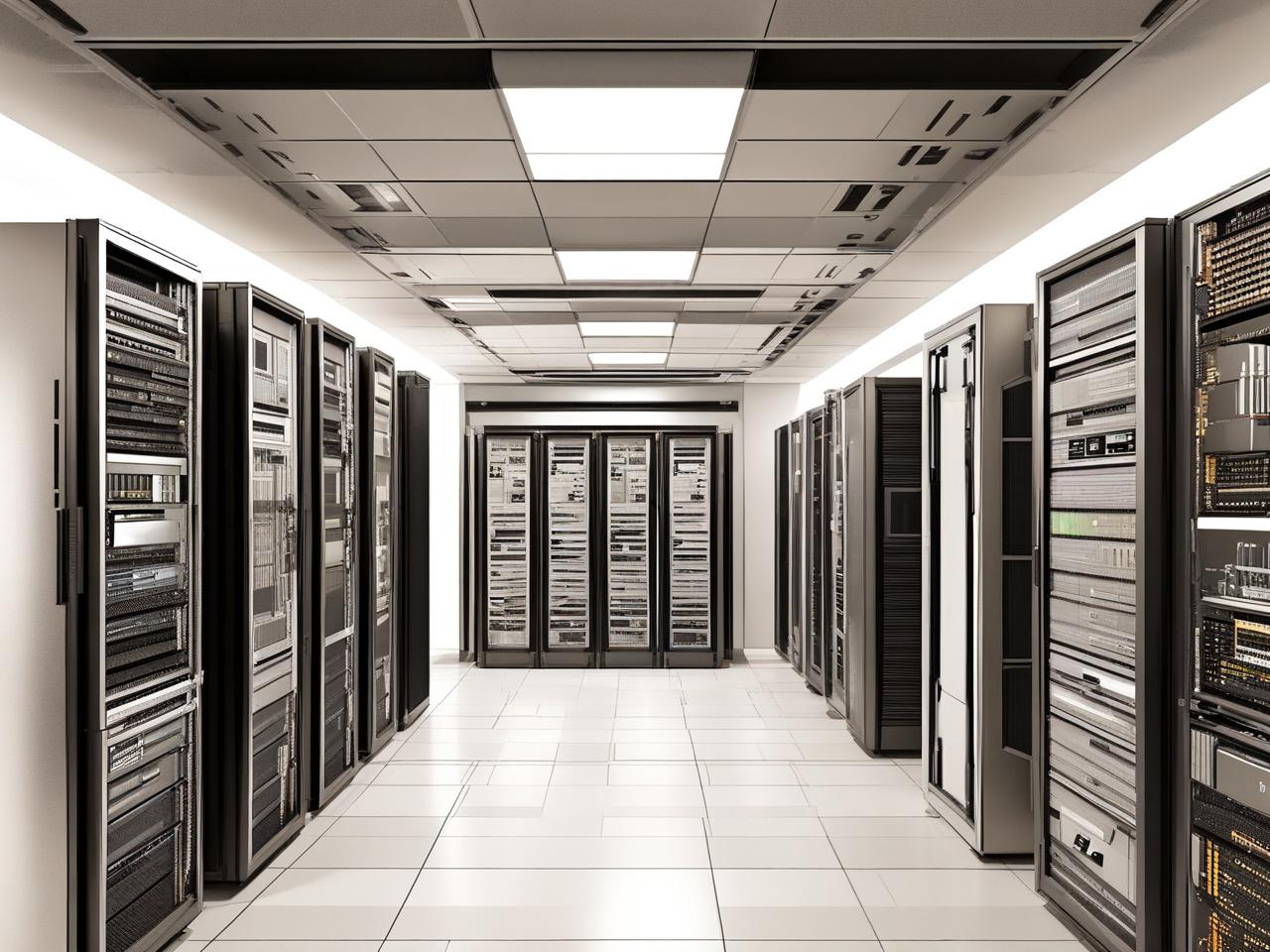
Servers have long been the backbone of the digital world. They store, manage, process, and distribute data across networks. From small – scale businesses to large multinational corporations, servers are responsible for keeping websites up and running, facilitating email communication, and enabling the seamless operation of various software applications. However, the rise of cloud computing has challenged the traditional concept of servers. Cloud computing offers on – demand access to a shared pool of computing resources, including storage, servers, databases, and software, over the Internet. This model allows businesses to scale their operations more flexibly, reducing the need for in – house server infrastructure.
Despite the popularity of cloud computing, servers will continue to play an indispensable role in the future. Firstly, security concerns remain a significant factor. Many industries, such as finance, healthcare, and government, deal with highly sensitive data. These organizations require strict control over their data storage and processing environments. Servers located on – premise provide an extra layer of security and compliance. For example, financial institutions need to adhere to strict regulations regarding data privacy and integrity. By using their own servers, they can implement customized security measures and closely monitor data access, which may be more difficult to achieve with cloud – based solutions.
Secondly, latency is a critical issue in certain applications. In real – time systems like online gaming, high – frequency trading, and autonomous vehicles, even a slight delay can have serious consequences. Local servers can significantly reduce latency by processing data closer to the end – users. For instance, in online gaming, players expect instant feedback and smooth gameplay. A server located nearby can ensure that the game actions are processed quickly and transmitted back to the players without noticeable delays, enhancing the overall gaming experience.
Another aspect to consider is the reliability of the Internet. Although the Internet has become more stable over the years, outages can still occur due to various reasons such as natural disasters, network congestion, or cyber – attacks. In – house servers can serve as a backup solution during such situations. For example, a business that relies solely on cloud services may face significant disruptions during an Internet outage. However, if it has its own servers, it can continue to operate essential functions locally until the Internet connection is restored.
Moreover, the growth of the Internet of Things (IoT) will also increase the demand for servers. The IoT ecosystem consists of billions of connected devices that generate a vast amount of data. This data needs to be stored, yzed, and managed effectively. Servers will be needed to handle the large – scale data processing requirements of IoT applications. For example, in a smart city, sensors on traffic lights, waste management systems, and environmental monitoring devices continuously collect data. Servers can yze this data to optimize traffic flow, improve waste management, and ensure environmental sustainability.
In addition, emerging technologies such as edge computing rely on a combination of local servers and cloud services. Edge computing brings computation and data storage closer to the location where it is needed, reducing the need to transfer large amounts of data to the cloud. Local servers at the edge of the network can perform initial data processing and filtering, sending only relevant information to the cloud for further ysis. This approach not only reduces latency but also helps to conserve bandwidth.
Finally, research and development in server technology continue to progress. New server architectures are being developed to improve performance, energy efficiency, and scalability. For example, servers based on new processor technologies can handle more complex tasks with less power consumption. These advancements will make servers even more valuable in the future, enabling them to meet the ever – increasing demands of the digital age.
In conclusion, while cloud computing has changed the way we think about data storage and processing, servers will remain an essential part of the technological infrastructure in the future. Their unique capabilities in terms of security, low – latency processing, reliability, and support for emerging technologies ensure that they will continue to serve as the cornerstone of the digital world.
学林温馨提示:本文地址 https://www.09g.cn/1873.html
2025-06-02 05:00:05

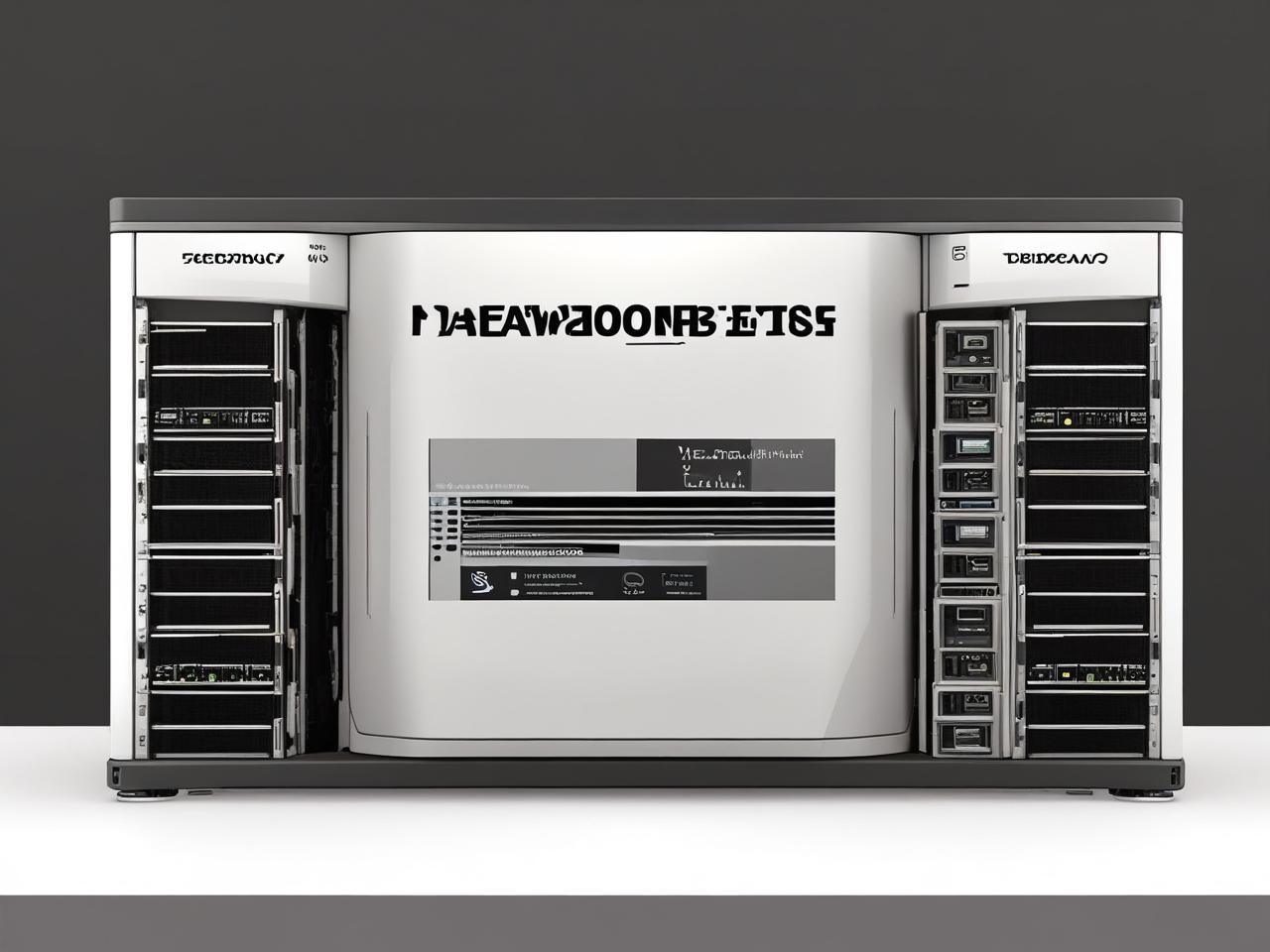


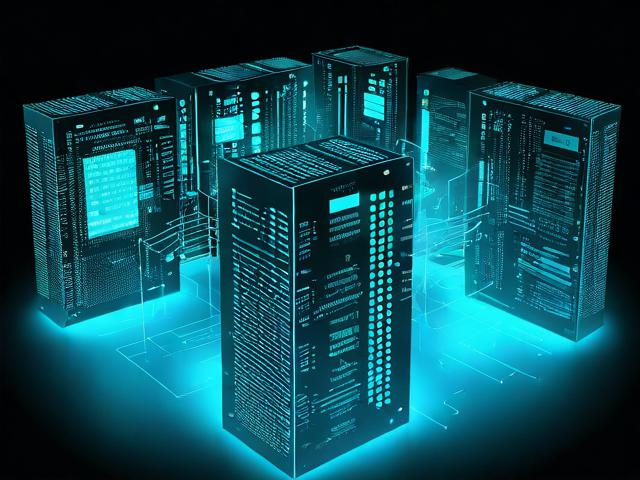

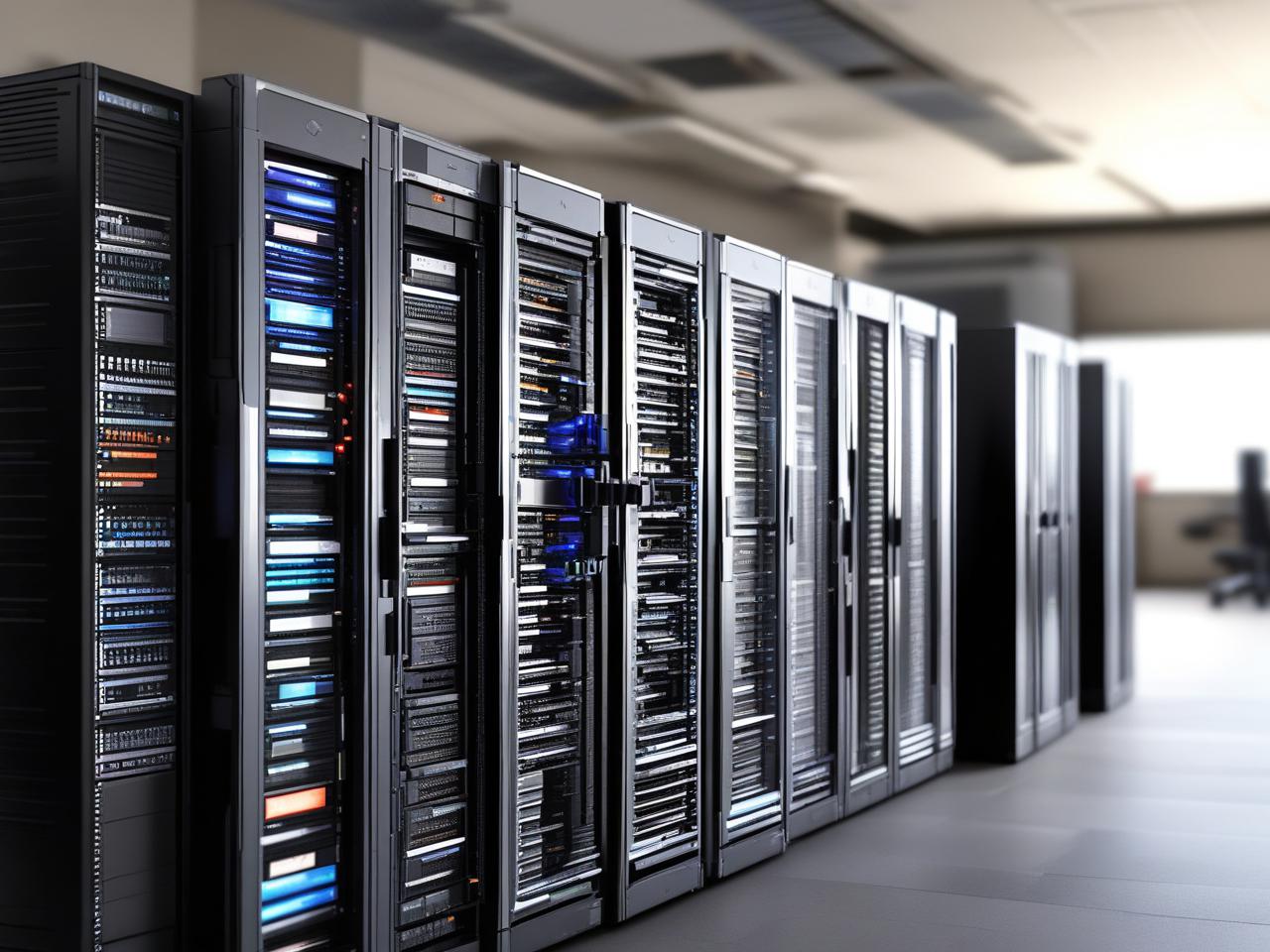

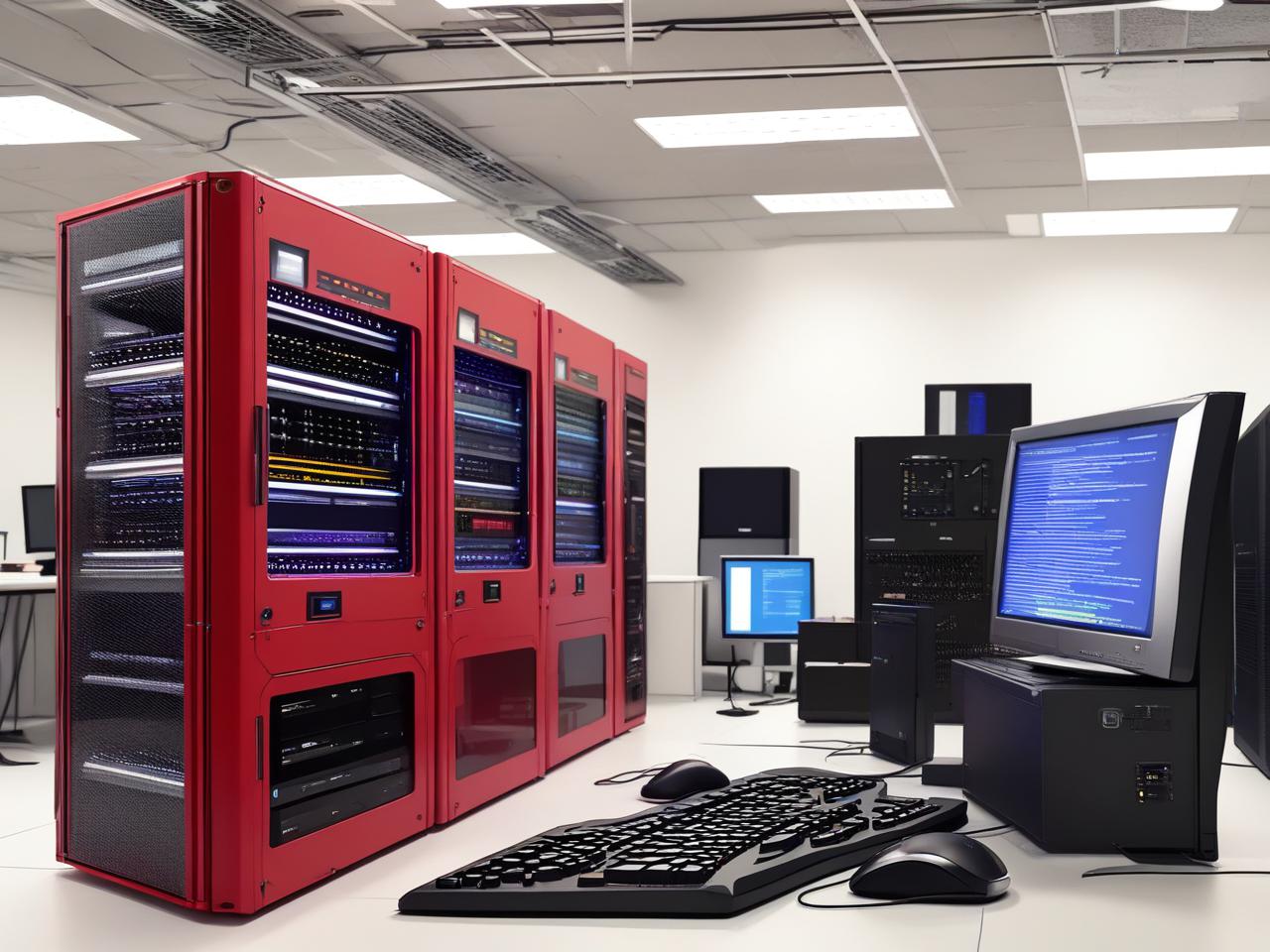

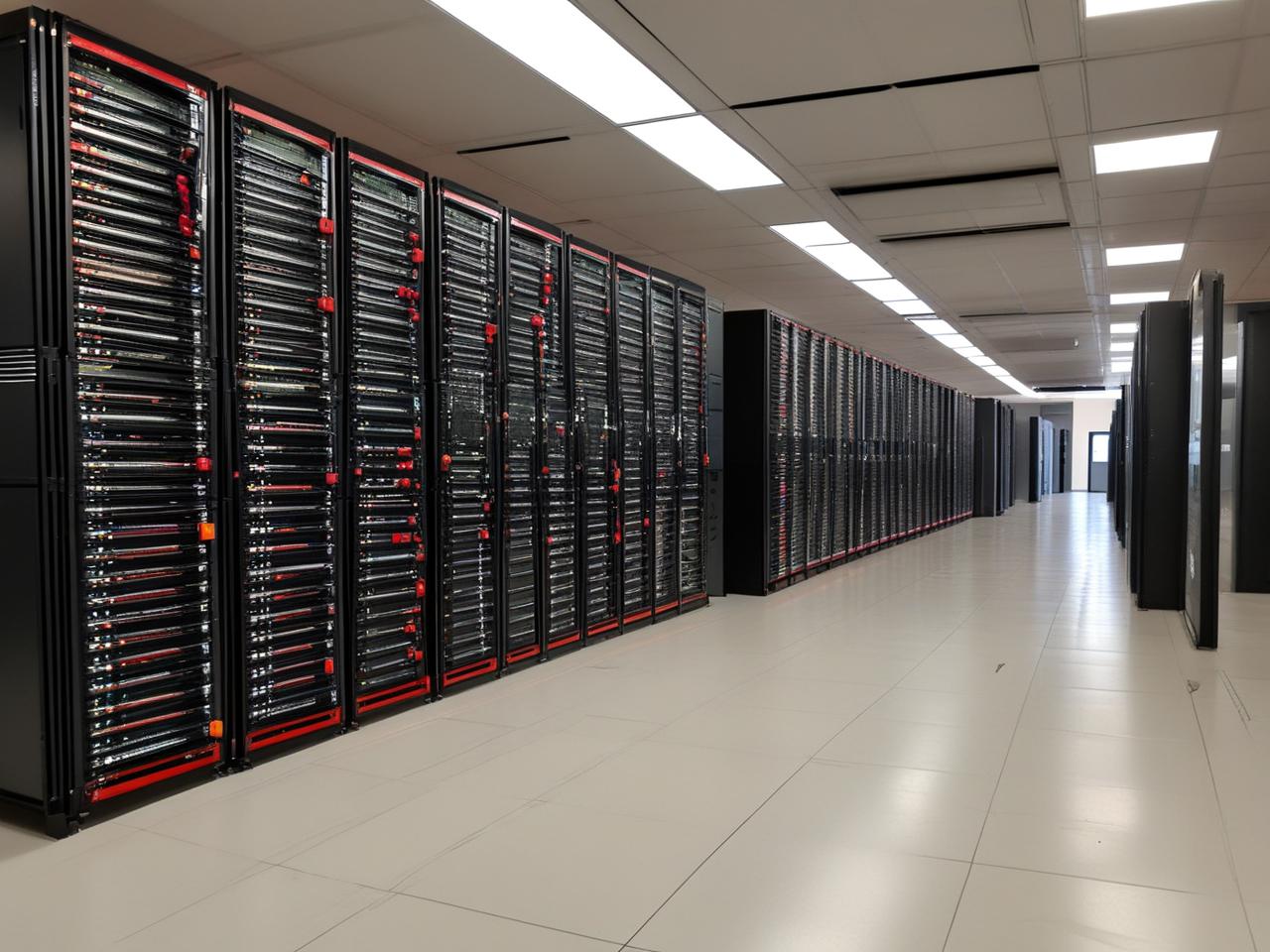
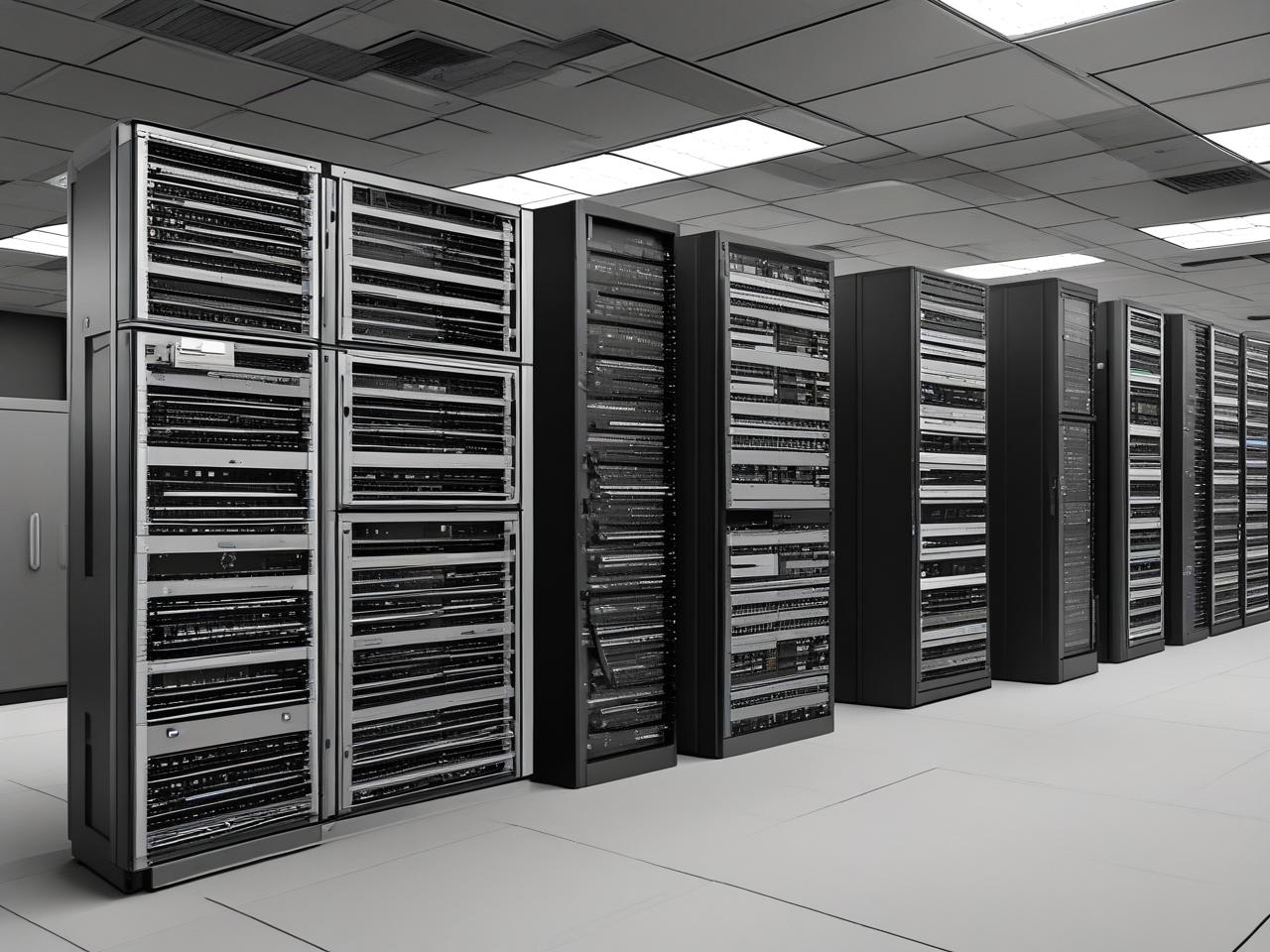


暂无评论内容